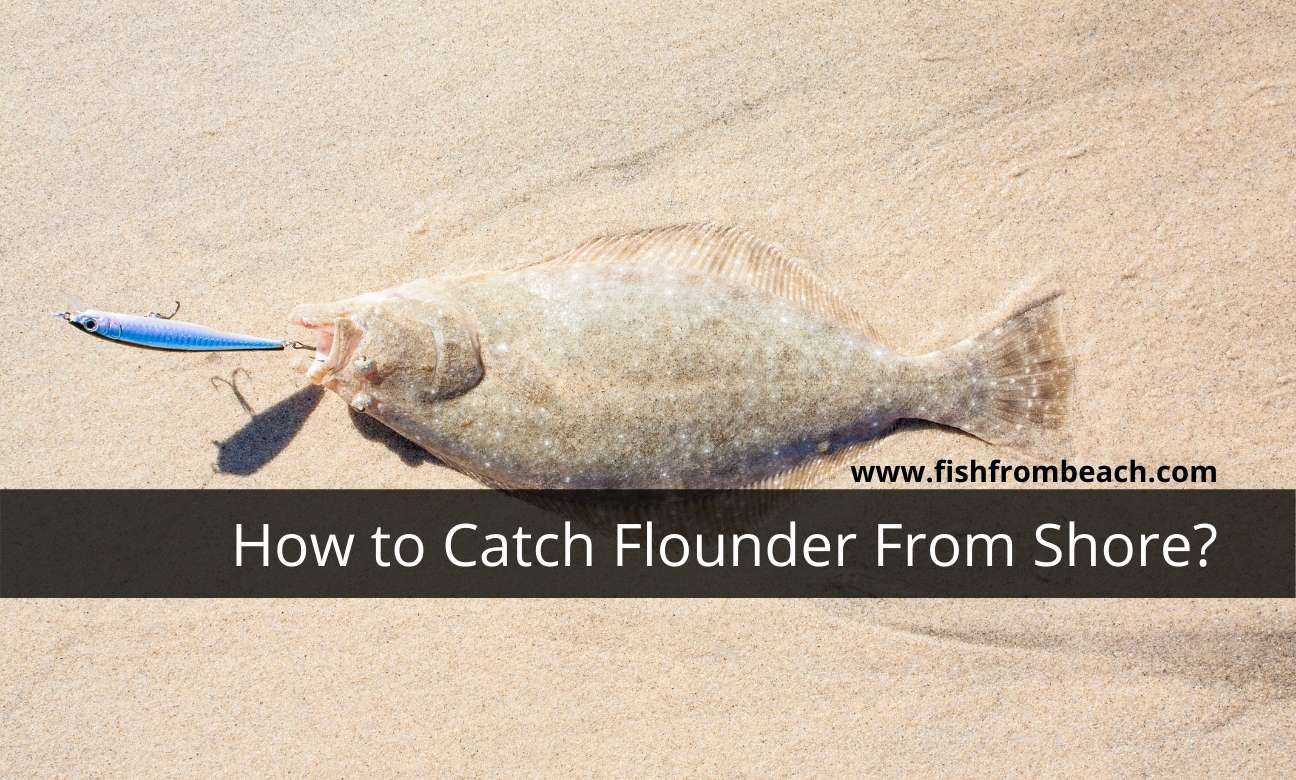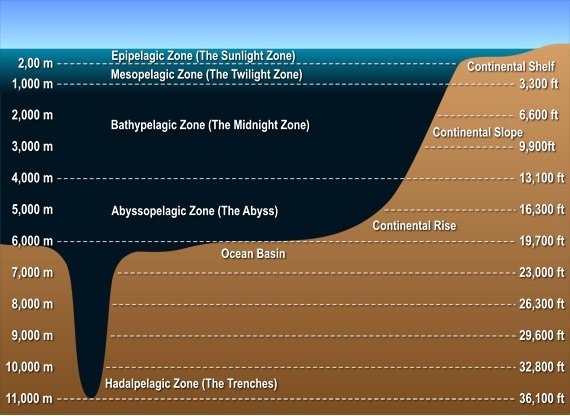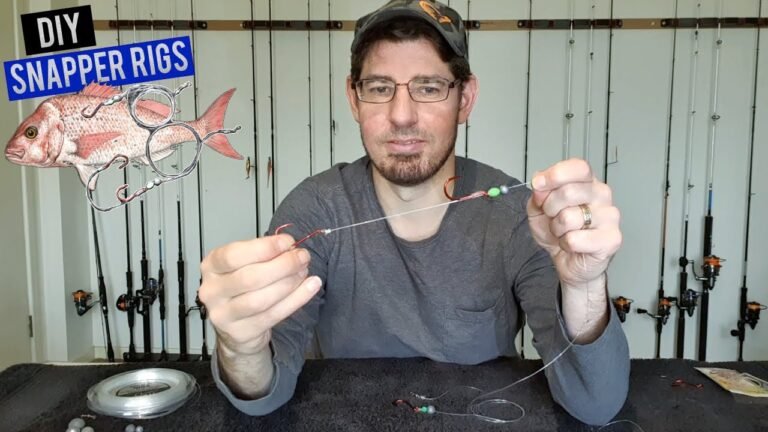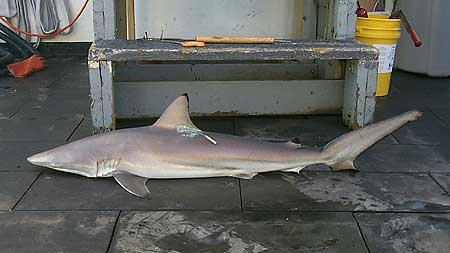Do Fluke Bite at Night | Nocturnal Feeding 2025
There is no definitive answer to this question as different fluke species exhibit different biting behaviors. Some fluke species are known to be more active at night while others are diurnal, meaning they are active during the day. There is also evidence that some fluke species may be opportunistic feeders, meaning they will bite whenever a suitable host is available, regardless of the time of day or night.
It’s a common misconception that fluke only bite at night. In reality, they will bite during the day or night depending on the tide and their feeding habits. Fluke are bottom-dwelling fish that feed on smaller fish, crustaceans, and worms.
They typically lie in wait for their prey to swim by before striking. This means that they can be active at any time of day or night depending on the tides and what’s available to them for food. So, if you’re fishing for fluke, don’t limit yourself to just nighttime hours – you might be missing out on some good bites!
Fluke Fish
Fluke fish are a type of flatfish that are found in temperate marine waters. They have a laterally compressed body and a large, triangular head. Their eyes are located on one side of their head, and they have a single nostril and a small mouth.
Fluke fish can grow to be quite large, with some specimens reaching up to 2 meters in length!
Fluke fish are an important food source for humans and many other animals. They are often caught using trawling or seine nets.
In addition to being eaten fresh, fluke fish are also commonly smoked or dried.
Fluke fish are known to host parasites, including the larval stages of several species of tapeworms. These parasites can pose a serious health risk to humans if consumed.
Therefore, it is important to thoroughly cook fluke fish before eating them.
Flounder
Flounder is a popular seafood choice among health-conscious individuals. This white fish is low in calories and fat, but high in protein and omega-3 fatty acids. Additionally, flounder provides several essential vitamins and minerals, making it a nutrient-rich food.
One of the most notable nutrients found in flounder is selenium. Selenium is an important trace element that plays a role in thyroid function, fertility, and immunity. This mineral can also help protect against cell damage and inflammation.
Additionally, flounder contains vitamin B12, which is essential for red blood cell production and nervous system function.
Another benefit of flounder is its omega-3 content. Omega-3 fatty acids are beneficial for heart health by reducing cholesterol levels and blood pressure.
They can also help to reduce inflammation throughout the body.
Overall, flounder is an excellent choice for those looking for a healthy seafood option. This fish is low in calories and fat but high in protein and essential nutrients like selenium and omega-3 fatty acids.
What is Flounder
Flounder is a type of fish that is often found in the ocean. It has a flat body and is usually brown or green in color. Flounder are bottom-dwellers, meaning they live near the ocean floor.
They use their camouflage to blend in with the sand and rocks on the seafloor, making them difficult for predators to spot. Flounder are ambush predators, meaning they lie in wait for their prey to swim by before attacking. Their diet consists mostly of small fish, crabs, and shrimp.

Credit: www.fishfrombeach.com
What Time of Day is Best for Fluke Fishing?
There is no definitive answer to this question as it depends on a number of factors, including the time of year, the weather conditions and the tide. However, some anglers believe that early morning or late evening is often the best time to fish for fluke. The cooler temperatures and calmer waters at these times can make for more successful fishing.
Do Flounder Bite at Night Time?
Flounder are a type of fish that are often found in shallow water near the shore. They are bottom-dwellers and have both their eyes on one side of their head, which gives them excellent camouflage against predators. Flounder are ambush predators and will lie in wait for their prey to swim by before attacking.
Flounder typically feed on small fish, crustaceans, and worms. They use their large mouths to vacuum up their prey. Flounder are able to swallow their prey whole because they have flexible bodies and expandable stomachs.
Flounder can bite at any time of day or night, but they are more active during the nighttime hours. This is because flounder rely on camouflage to avoid being eaten themselves, and darkness provides them with better cover. When hunting at night, flounder will use their sense of smell to locate food sources.
What Fish Bite at Night?
There are many nocturnal fish that will bite your line if you’re fishing at night. Some of the most common include catfish, eels, and certain types of trout. Many fishermen believe that night fishing is more productive because there are less people competing for the same fish.
While this may be true in some cases, it’s important to remember that fish are creatures of habit and they will often return to the same feeding spots day after day. This means that if you find a good spot during the daytime, it’s likely that the fish will still be there at night.
One of the best things about fishing at night is that you can often catch larger fish than you would during the daytime hours.
This is because many species of fish are more active when it’s dark out and they’ll move into shallower waters to feed. If you’re targeting big game fish like bass or muskie, then nighttime is definitely the time to go!
Of course, night fishing isn’t without its challenges.
The biggest one is finding bite-sized bait in the dark. Many anglers use live bait such as minnows or worms, but this can be difficult to keep on your hook throughout the entire evening. Another option is to use glow-in-the-dark lures which can help attract attention from nearby fish.
No matter what type of bait you use, just make sure to keep your eyes peeled for any telltale signs of a bite!
What is the Best Time to Fish for Flounder?
Flounder is a type of flatfish that can be found in many coastal regions around the world. They are bottom-dwelling fish that prefer to stay close to the ocean floor where they can ambush their prey. Flounder are often found in sandy or muddy areas where they can bury themselves partially in the sediment to camouflage themselves.
The best time to fish for flounder will depend on the specific species as well as the location. In general, flounder fishing is best during the spring and fall months when water temperatures are cooler and the fish are actively feeding. Many anglers also find success during the summer months, especially early morning or late evening when the sun is not as intense and the water has had a chance to cool down slightly.
When targeting flounder, it is important to use live bait such as minnows or shrimp. This will help attract their attention and entice them to bite. It is also helpful to use lighter tackle so you can feel those subtle bites from these elusive fish.
Bottom rigs with weighted hooks are often used since flounder tend to spend most of their time near the ocean floor.
So there you have it, some tips on when and how to catch flounder. Remember that timing and technique are key when targeting these delicious flatfish!
Night Fluke Fishing
Conclusion
After reading this blog post, it is evident that fluke do in fact bite at night. The author provides several reasons why this may be the case, such as the lack of light and increased water temperature. Additionally, the author notes that wind can also play a role in when fluke are more likely to bite.
Overall, it seems that there are a variety of factors that can influence when fluke will bite, but night time is definitely a time when they are more active.




